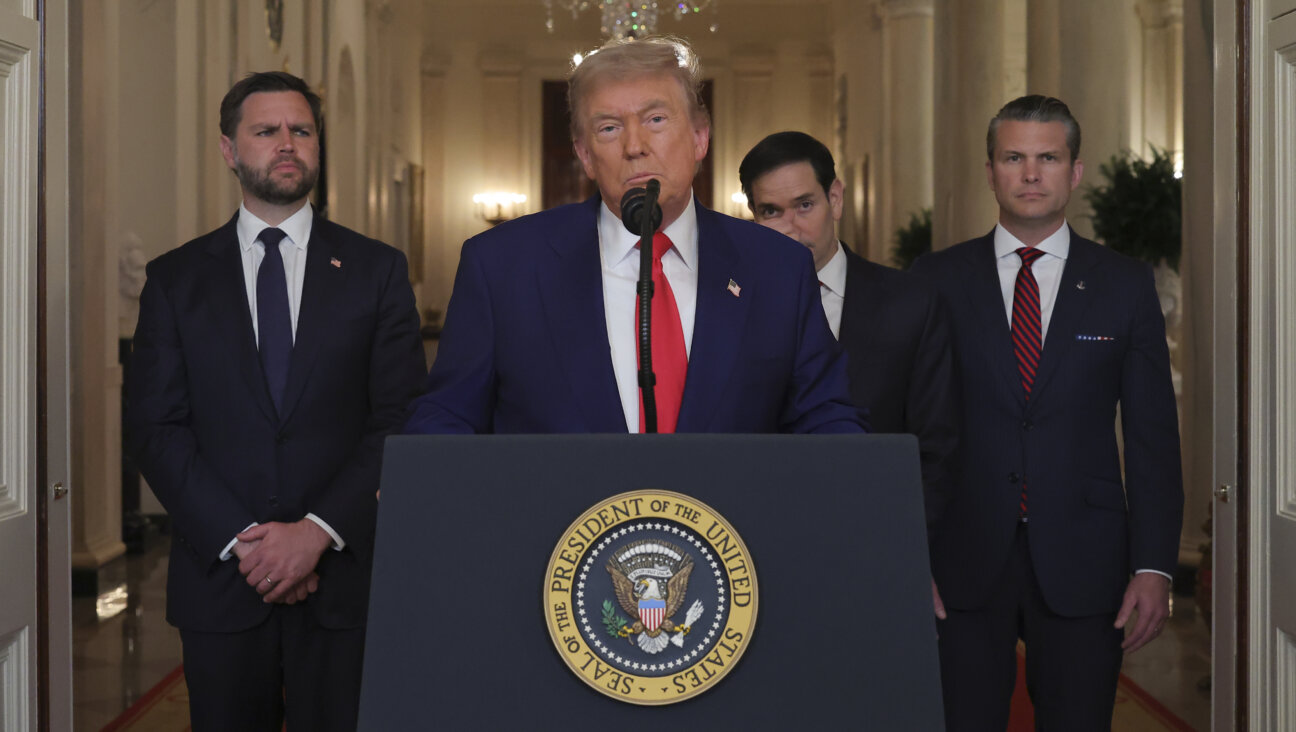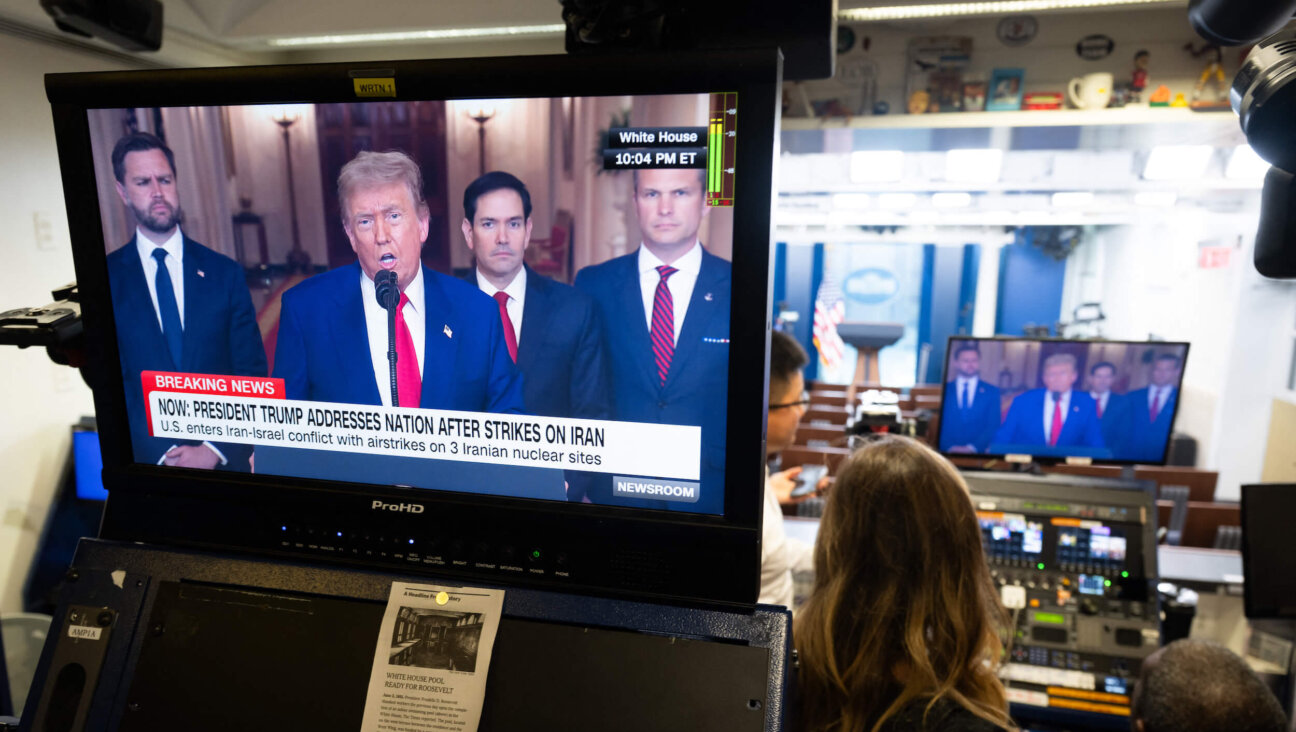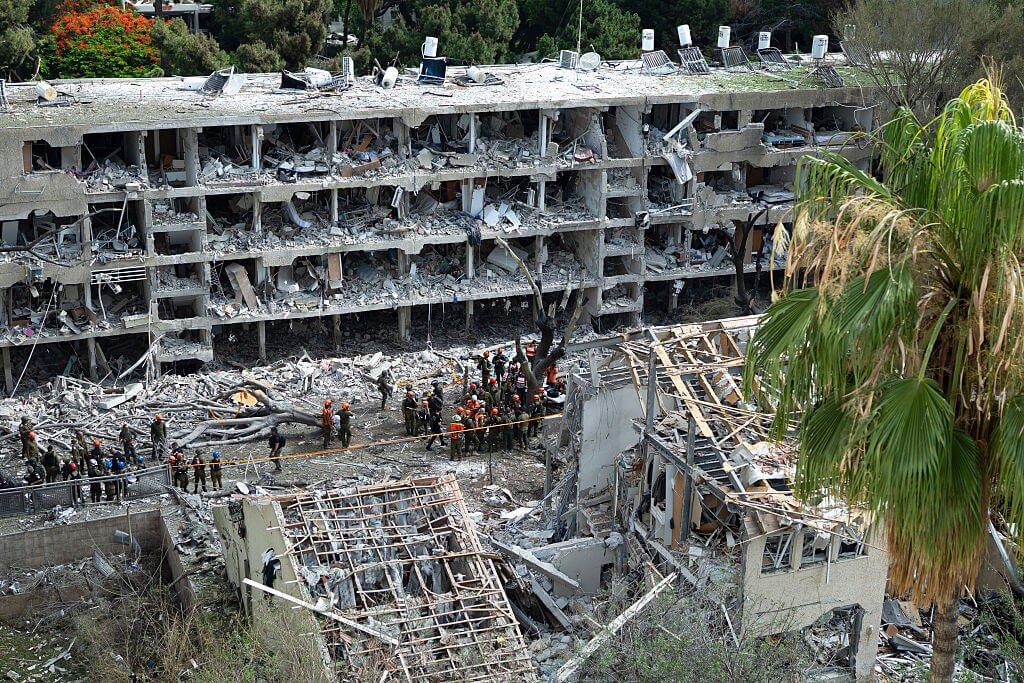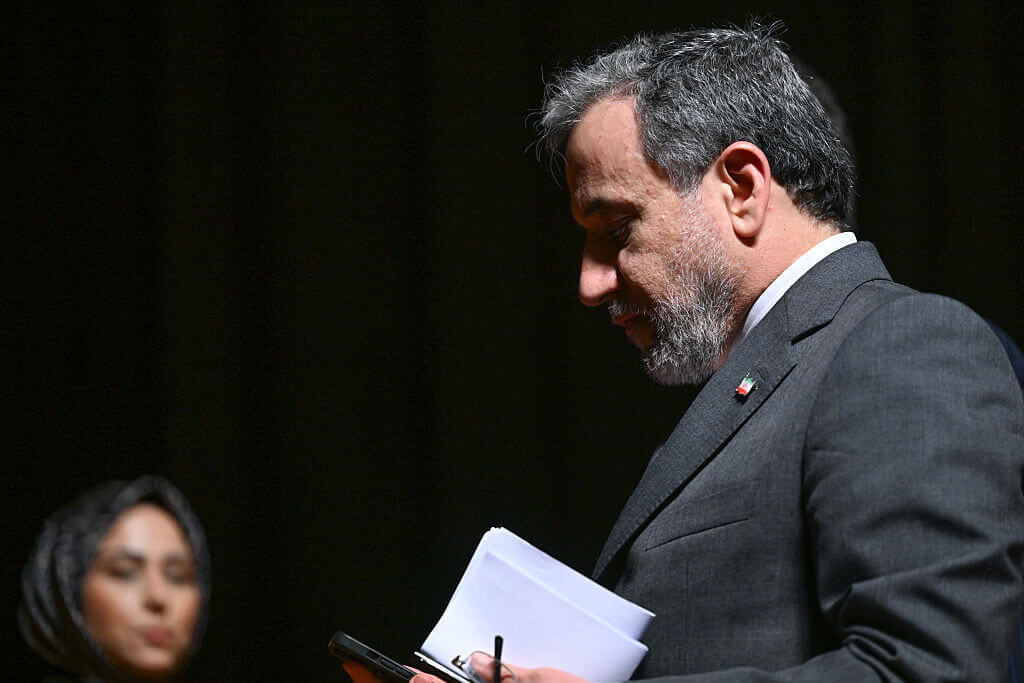With Sinwar dead, the ICC must stop or suspend Israel’s prosecution
Trying Israel without Hamas risks violating the International Criminal Courts rules
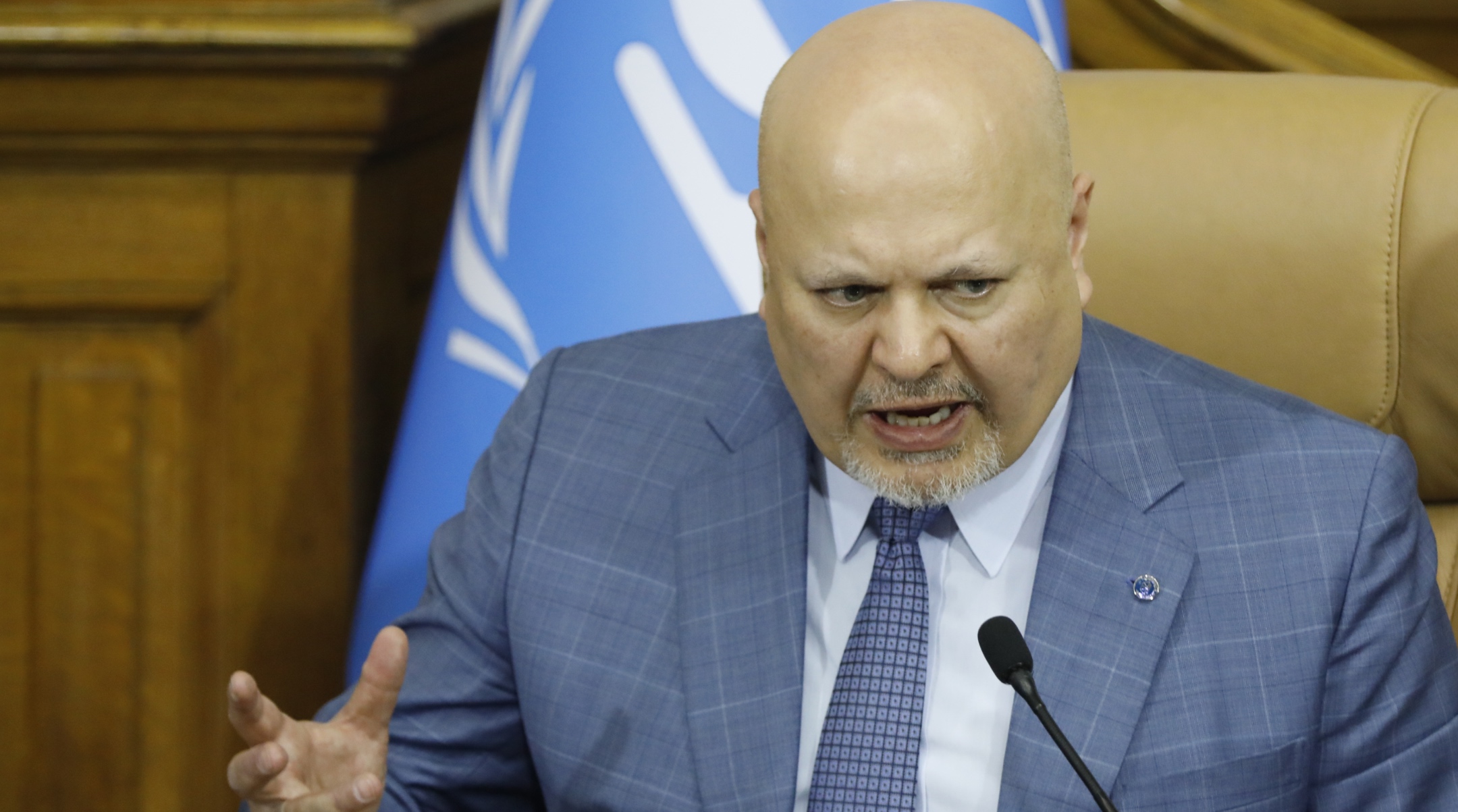
The prosecutor of the International Criminal Court, Karim Khan Photo by Rances Mattey/Anadolu via Getty Images
What should a prosecutor do when the key defendants die before trial?
In May 2024, International Criminal Court Prosecutor Karim Khan formally asked the court to approve arrest warrants for certain leaders of Hamas and Israel. However, now that Hamas mastermind Yahya Sinwar has died, none of the Hamas leaders named in the arrest warrants is alive. Khan may now terminate the entire prosecution or seek arrest warrants for additional Hamas commanders. If he rejects these options and decides to proceed solely with a trial against Israel, he would risk violating the ICC’s enabling treaty, known as the Rome Statute.
Instead, Khan should ensure that no Israeli leader is prosecuted until and unless Hamas is first held accountable for its war crimes.
Here is why. Khan’s case against Israel alleges that the Israeli Defense Force intentionally directed attacks against Palestinian civilians. To prove that point, Mr. Khan must analyze the intent behind the IDF’s battlefield decisions. Under Article 31(1)(c) of the Rome Statute, the IDF will not be liable if it “acts reasonably … and proportionately to defend against “an imminent and unlawful use of force.”
Similarly, Rome Statute Article 54(a) requires Khan to “investigate incriminating and exoneration circumstances equally.” Included among the exoneration factors, according to Article 32(1), are mere “mistake[s] of fact,” which lack criminal intent. Under these treaty provisions, he cannot determine whether Israel acted reasonably and proportionately against the imminent and unlawful use of force by Hamas if he never examines Hamas’s use of force. And unless he finds another Hamas commander to prosecute, such as Sinwar’s brother Mohammed, the terrorist organization’s use of force will escape review.
In the Gaza war, Hamas has used at least two unlawful kinds of force. First, the terror group has illegally targeted Israeli civilians by slaughtering the residents of southern Israel, taking Israeli civilians hostage, and firing rockets at Israeli population centers. Second, they have illegally used human shields by hiding in a 300-mile tunnel complex under civilian buildings such as schools, hospitals and mosques, firing rockets from those civilian structures, storing munitions in residential buildings, and surrounding their military positions with their own civilians. Sinwar boasted in his text messages that the resulting Palestinian civilian deaths were “necessary sacrifices” and that Hamas had the Israelis “right where we want them.”
The war crimes of targeting civilians and using human shields are especially relevant to the ICC issue of whether Israel targets Palestinian civilians. Hamas’s dual-atrocity battleplan forces the IDF to escalate military operations to protect Israeli civilians but paradoxically refrain from escalating to avoid killing Palestinian civilians. IDF commanders struggle to manage these conflicting demands through careful targeting protocols. The laws of war do not expect targeting to be perfect. They accept that even well-planned strikes may result in civilian casualties. But no matter how accurately the IDF designs a mission to hit militants while minimizing civilian harm, Hamas routinely complains that the action “targeted civilians.”
Khan can indeed investigate such claims, but he must first hold Hamas accountable for its war crimes.
Only then can he document the terror group’s doubly unlawful use of force and reveal how the criminality killed and injured civilians in Gaza. With those facts on the record, he could determine how reasonably and proportionately Israel acted in response to the offenses. He could meanwhile identify any exonerating circumstances created by the terrorist conduct that may excuse an IDF targeting decision and see if any Israeli misfires were forgivable as mere mistakes of fact. Even without a Hamas defendant, any ICC prosecution of Israel should take the above legal considerations into account.
Let’s say a group of Hamas operatives fires missiles from a Gaza school filled with Palestinian evacuees, and the IDF arranges an air strike that prudently targets only the terrorists. The strike should be deemed reasonable and proportionate, even if it hurts civilians. Simply put, Khan cannot validly judge the lawfulness of the IDF’s efforts to protect civilian lives without first acknowledging Hamas’s extreme manipulations to endanger those lives.
Whether Khan gives Israel a fair trial depends on more than the arrest of additional Hamas leaders. He must also list the appropriate crimes in their arrest warrants. When he applied for the arrest warrants of the now-deceased Hamas heads, he failed to list the war crimes of human shielding. That glaring omission left his neutrality in doubt.
The ICC has long been suspected of politicizing its prosecutions. To preserve its integrity, the court should ensure it treats Israel fairly.





